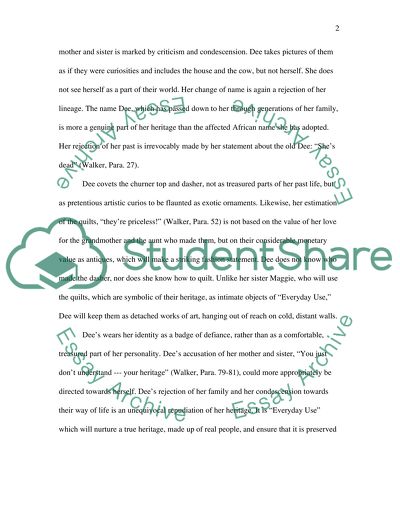The character Dee walker,alice everyday use Essay. Retrieved from https://studentshare.org/miscellaneous/1541449-the-character-dee-walkeralice-everyday-use
The Character Dee walker,alice Everyday Use Essay. https://studentshare.org/miscellaneous/1541449-the-character-dee-walkeralice-everyday-use.


